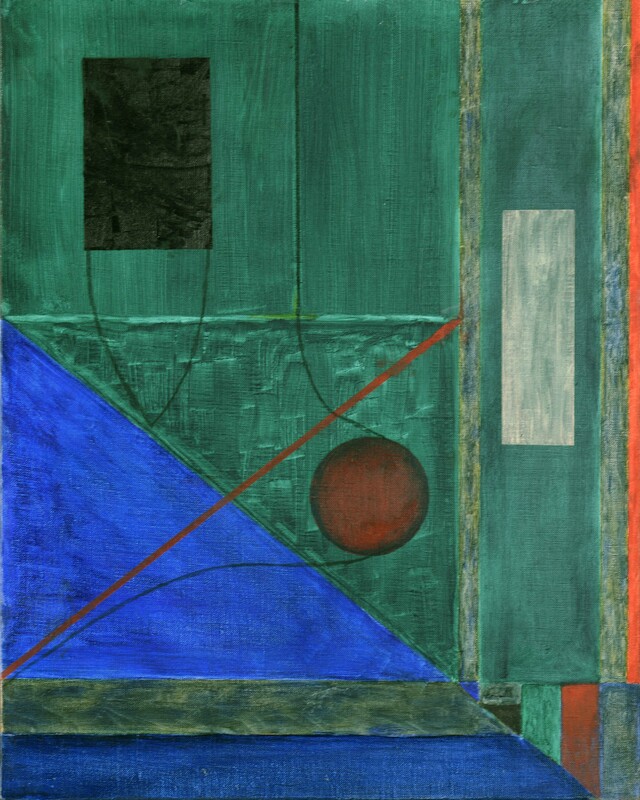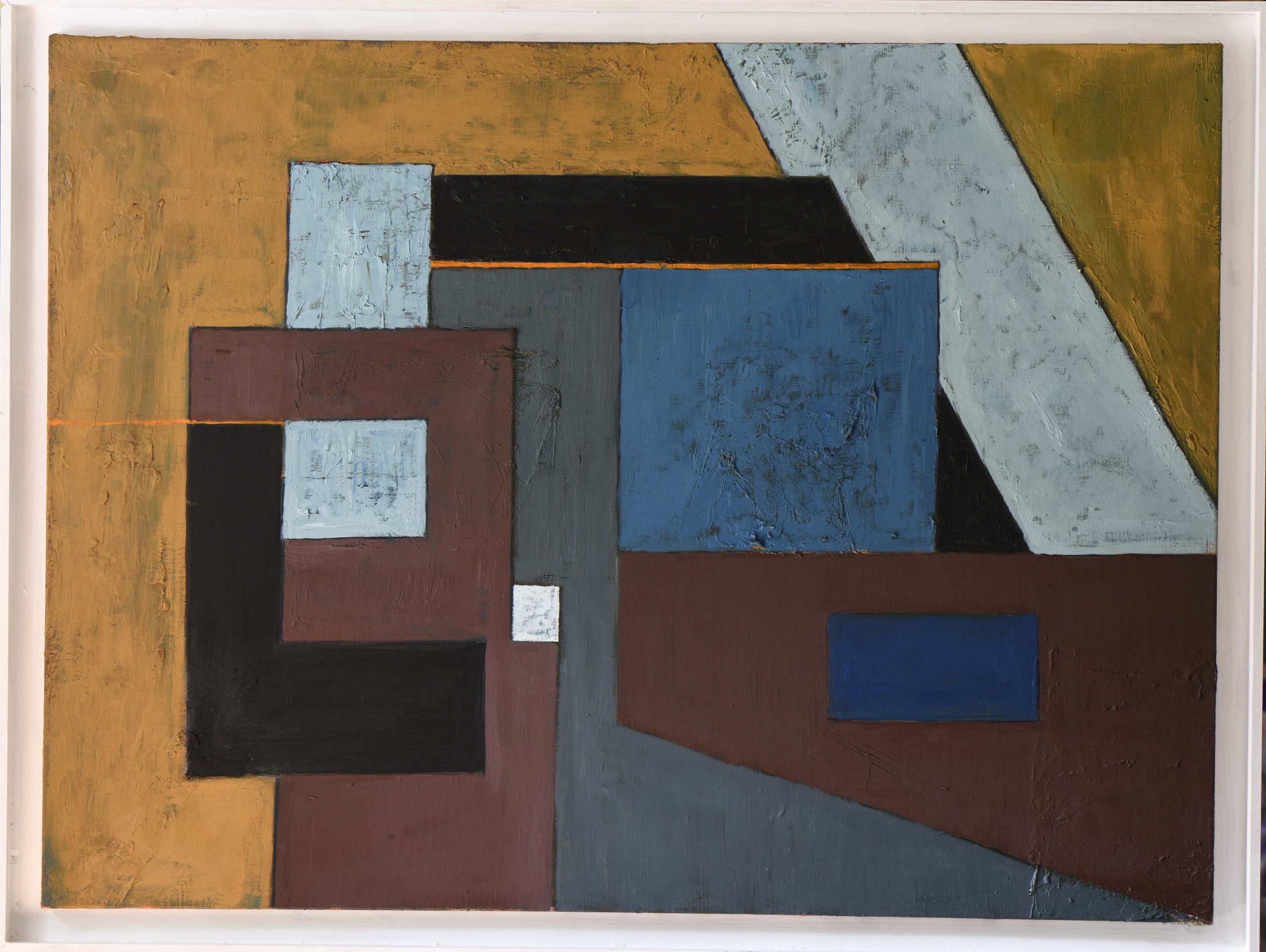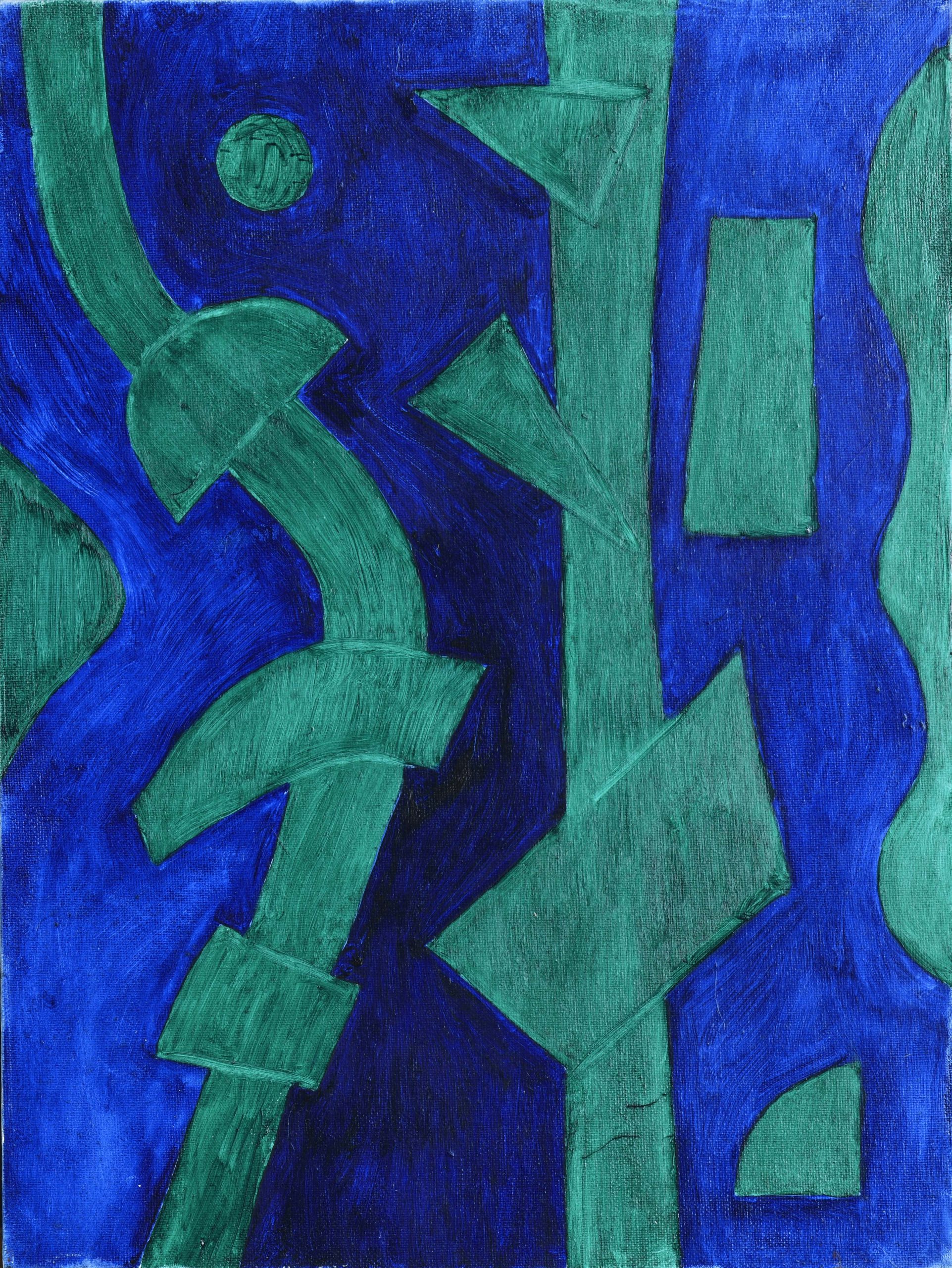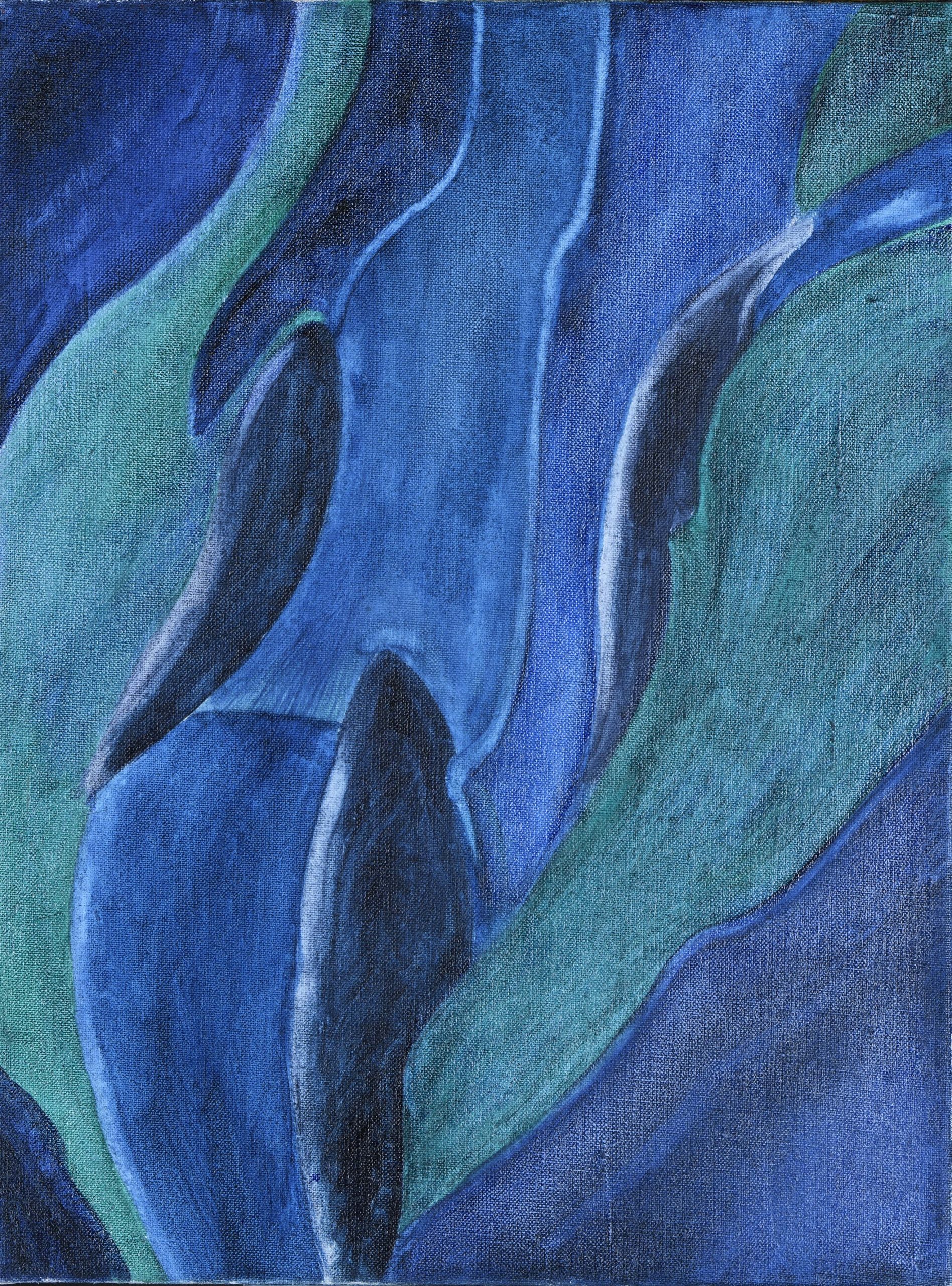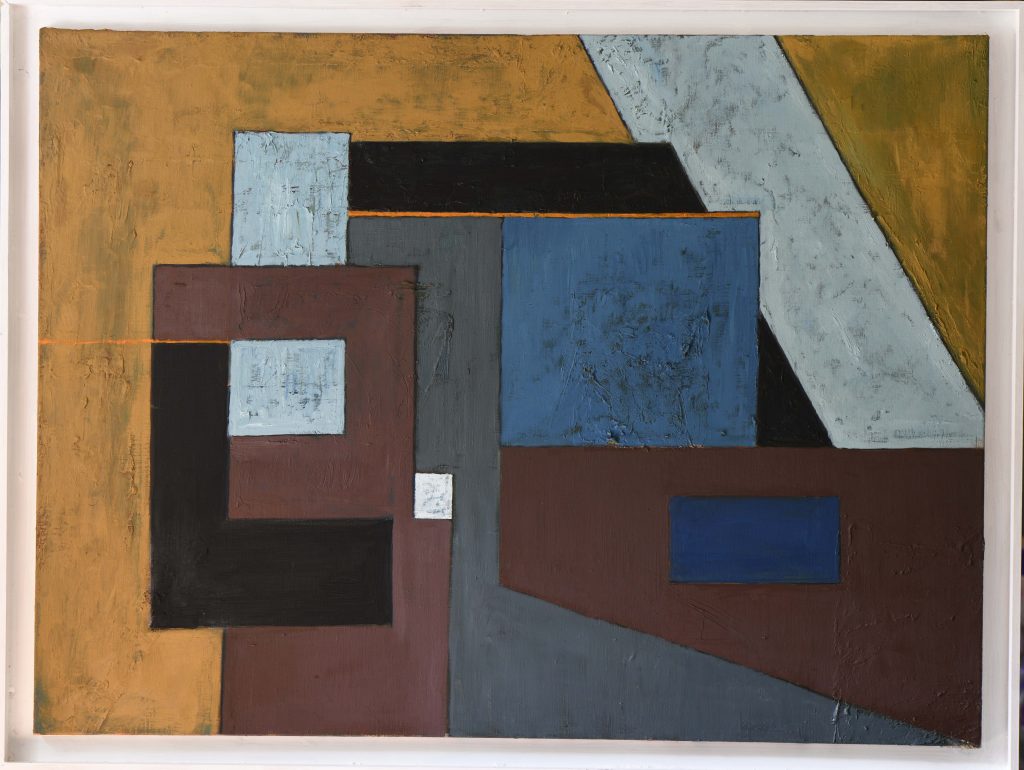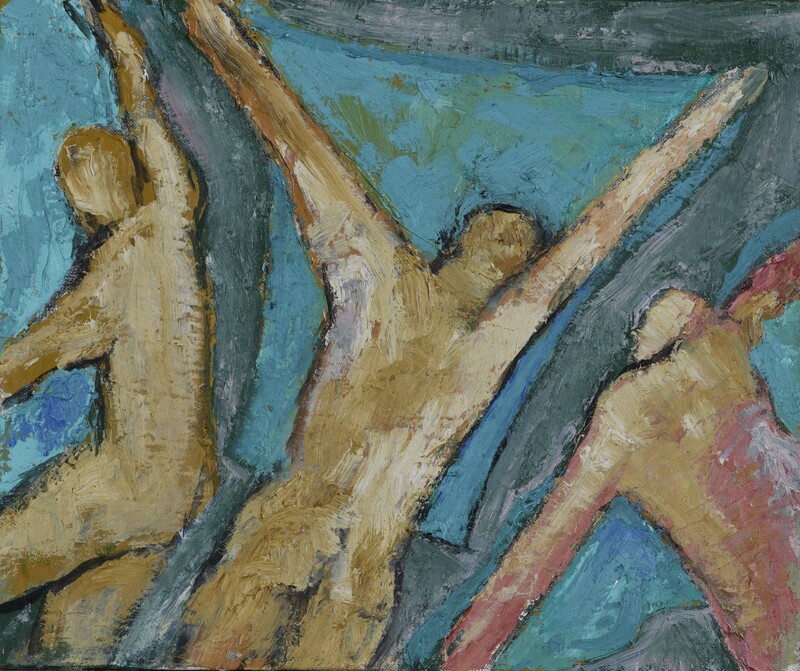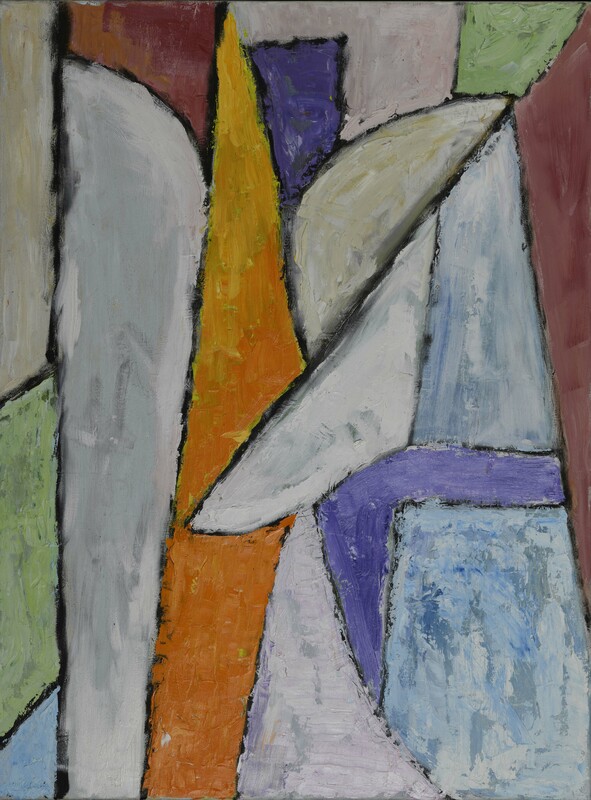INTRODUCTION
I am in love with the medium of oil painting. With its smell, with its touch, with its history. I am an easel painter, a studio painter, and grateful to be part of a long tradition.
Sometimes there are moments during a painting when I realise that I am experiencing the exact feelings, despair or triumph, that all painters, great and small, have felt before me, and this alone is an enormous privilege.
I am of an age when I’m allowed to disregard fashion in painting and so am fortunate in being able to choose how I paint. However, I’m happy to acknowledge the many influences which affect my work – Nikolas de Stael, Keith Vaughan, Richard Diebenkorn and so many more. And of course, music and poetry play a big part in my day. There is so much delight to be found.
Visual imagery has always been a central feature in my life and now, in my mid-eighties, my days are committed to painting. My paintings are entirely personal. In most part they are abstract; sometimes organic, sometimes geometric. In most of them I find that I am involved in an intense relationship with colour, form and the textural surface of oil paint.

